Graham Reid | | 5 min read
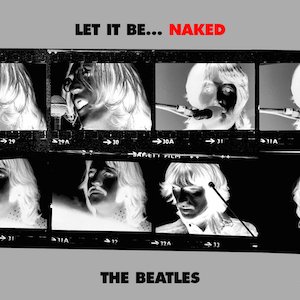
The story behind the making of the Beatles' 1970 album Let It Be is well known, but to recap: The "White Album" of 68 was aural proof each was going his own way; however, late in the year, McCartney suggested they do a back-to-basics recording, ostensibly for an album to be called Get Back -- and get a film crew to make a doco to go with it.
When they reconvened in January '69 none had counted on the discomforts of turning up every morning to a cold rehearsal space in a Twickenham sound stage with cameras constantly on them. Harrison, just back from enjoying time with Bob Dylan and The Band in Woodstock, referred to it as their "winter of discontent" and walked out after a week. They relocated to the basement of their Apple headquarters in Savile Row.
Even so things started to fracture.
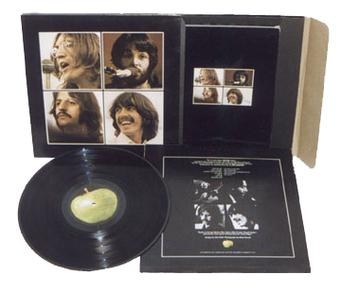 There's a tetchy sequence in the movie (still unavailable on video or DVD) between McCartney and Harrison, and Yoko Ono's presence beside Lennon made the other three uncomfortable.
There's a tetchy sequence in the movie (still unavailable on video or DVD) between McCartney and Harrison, and Yoko Ono's presence beside Lennon made the other three uncomfortable.
The whole thing ended with them on the roof of Apple on January 30 playing what would be their last gig. (Of course, few people, other than those in nearby buildings, could see them.)
It was a sorry tale and Lennon may have deliberately been unco-operative. He had his sights set elsewhere, and with Ono. He wanted to release all the chaotic tapes: "It'll tell people, 'This is us with our trousers off so will you please end the game now'."
The hours of Get Back tapes were handed to engineer Glyn Johns to try to turn them into an album, but his efforts were rejected (twice, possibly three times), and the Beatles got back together for the Abbey Road album. 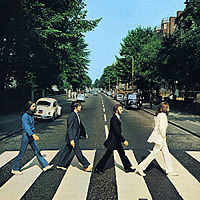
A much more fitting end, and there is a sense of joy and group cohesion in the music which had been lacking for 18 months.
Meanwhile the Get Back tapes languished, then Lennon (or manager Allen Klein) gave them to Phil Spector, who had just produced Lennon's Instant Karma single which was uncharacteristically stripped back and nothing like his Wall of Sound signature style.
Spector had two weeks to salvage something. To McCartney's chagrin he added violins and a choir to The Long and Winding Road and Let It Be. The album came out in May 1970, a month after they had announced they'd broken up.
McCartney has seethed about Spector's production ever since (he left an awards ceremony a few years ago when Spector was being honoured) although he did accept the Grammy when it won best soundtrack album. Award or not though, it was a disappointing collection of mostly minor songs padded out by studio throwaways (Dig It, Maggie May) and chat.
Now, however, McCartney has got his way -- Spector is indisposed while facing a murder charge * -- and the album has been remixed, the offending strings and girlie chorus wiped, the studio banter dropped, and the running order changed. The album is also renamed: Let It Be . . .Naked.
What you hear is the Beatles playing live without overdubs -- and it confirms what Ringo says: "The music always surpassed any bullshit we were going through; once the count-in happened we turned back into those brothers and musicians."
Into this circle stepped keyboard player Billy Preston and his playing (notably on Get Back and Don't Let Me Down) is an essential ingredient.
Despite the revision Let It Be (Naked or otherwise) remains a lesser album simply because most of the material was far from their best.
Let it be said, however, this album sounds great and slight songs worn threadbare by three decades of familiarity (Two of Us, their teenage songwriting effort One After 909) fairly spring from your stereo. One After 909 is joyous and Lennon's vocals now sound more urgent. But there's not a lot anyone could do with Dig A Pony. And Harrison's For You Blue, with Lennon on slide, remains down to taste.
Elsewhere the results are a marked improvement: Get Back is still an angular country-flavoured gem made more vital by the remixing, and even the title track (which, like Long and Winding Road, I've never liked) sounds measured and authoritative.
Given the problem Spector faced with the hotch-potch of tapes and versions, his ladling of sugary strings over Long and Winding Road was perhaps forgivable. It's a cloyingly sentimental song and the lyrics hardly give Rimbaud a run for his money. Pruned back to it's essence -- it is a different take from the one on the original album -- its weaknesses stand more ... naked, actually. McCartney's piano playing is Vegas-lounge schmaltz. 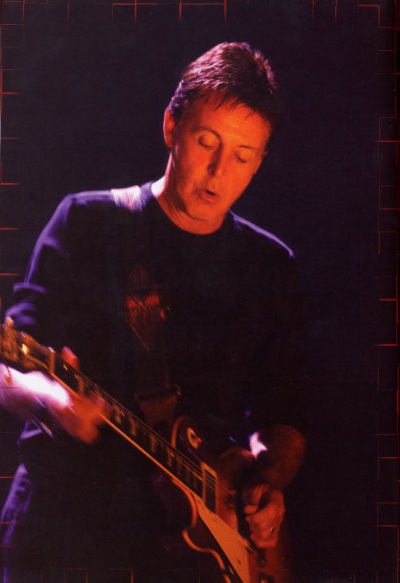
Lennon's edgy Don't Let Me Down benefits from the sonic clarity which allows the warmth of Preston's playing to bring out a soulful side. Harrison's I Me Mine also sounds better for its remix, although it remains a minor addition to the Beatles' canon, and Lennon's Across the Universe shimmers prettily.
And if you really missed the studio chat there's a 20-minute bonus disc which is spliced snippets of rehearsals, banter, mild sniping and more of those tossed off musical asides.
So what to say of Let It Be ... Naked? That it dusts off cobwebs but the silverware was always slightly shabby anyway? That in an odd irony McCartney's wishes have enhanced the Lennon songs but shown up the weaknesses of The Long and Winding Road?
Let it Be ... Naked is still a flawed album and no masterpiece has been revealed by peeling off the layers of Spector's studio lacquer. But as McCartney said of the double-vinyl "White Album" which some criticised as too long, "It's the Beatles for God's sake. Shut up."
But as the final album they released it was a disappointing fullstop to a career that changed the face of music forever. 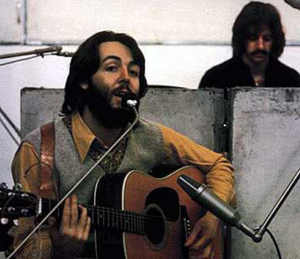
Roll on the DVD of the Let It Be movie -- and let's hope Macca hasn't revised that to take out the argument with Harrison.
That scene alone captured the tenor of their times.
That, and the ever-present figure of Ono.

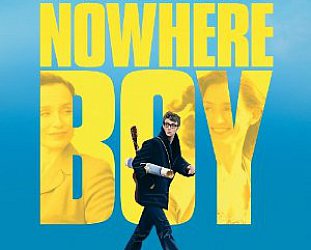

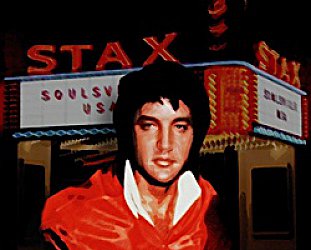
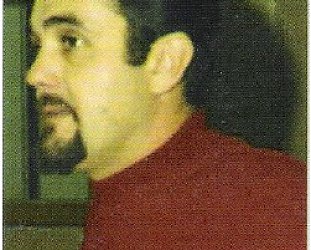
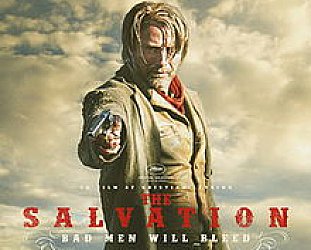

post a comment